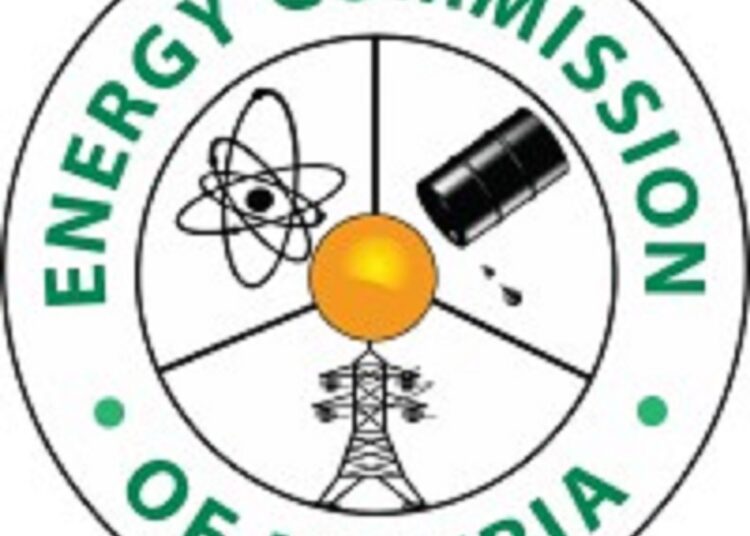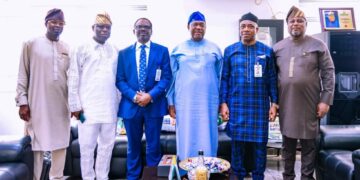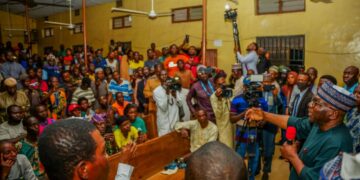The Energy Commission of Nigeria (ECN), in collaboration with the National Ozone Office (NOO) and the Federal Ministry of Environment, has trained key stakeholders in the private and government sectors on the proper processing of old Air Cooling System (ACS) equipment to mitigate the effects of climate change on human health and the environment.
Declaring the two-day workshop open in Kano yesterday, the minister of environment, Balarabe Lawal, said as technology advances and the need to replace ACs with modern models increases, disposing of outdated ones constitutes a great threat to the environment and the ozone layer.
He said such old units contain refrigerants, most of which are hydrochlorofluorocarbons (HCFCs) and hydrofluorocarbons (HFCs), as well as oils, which deplete the Ozone Layer and constitute health challenges to both humans and the environment when improperly managed.
Represented by the director of the National Ozone Office (NOO), Engr. Idris Abdullahi, the minister, highlighted that the training would enhance the capacity of stakeholders to sustainably manage the end-of-life components of the equipment and promote initiatives that will mitigate risks associated with unhealthy disposal.
In his remarks, the assistant director and group head of electrical electronics from the Standards Organisation of Nigeria (SON), Engr Ismaila Lawal, said the gasses emitted by such old equipment affect the environment and the ozone layer, which prevent the ultraviolet rays that affect both humans and plants.
He said the SON has developed standards for ACs and the E-waste for disposal of old ones, hence the need to train stakeholders on how to do away with it and create awareness of it.
Earlier in his welcome remarks, Dr Shehu Mustafa, Head of ECN’s Energy Transition Unit, highlighted the importance of collective efforts to accelerate the transition to energy-efficient ACs with climate-friendly refrigerants, consistent with Nigeria’s climate targets in the revised Nationally Determined Contribution (NDC) to the Climate Agreement.
Therefore, he stressed the importance of training participants to emphasise their active role in shaping the future of air conditioning standards in Nigeria, driving advancements in energy efficiency, reducing greenhouse gas emissions, and achieving sustainable economic growth.
The training, tagged “Scaling Up Energy-Efficient and Climate-Friendly Cooling in Nigeria’s NDC Revision,” was organised with support from the United Nations Environment Programme’s United for Efficiency initiative (UNEP U4E), the Clean Cooling Collaborative, and the SON on End-of-life Management of Air Conditioners and Refrigerants.





